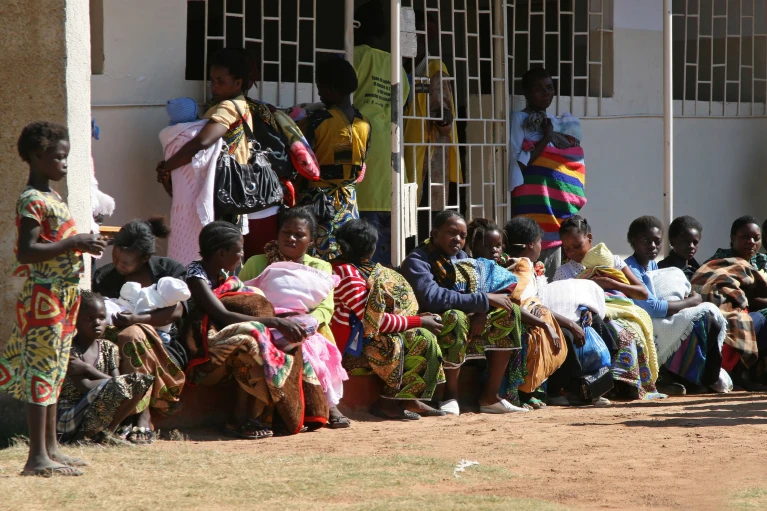Low uptake of emergency contraceptives in Sub-Saharan Africa (SSA) leads to high rates of unintended pregnancies, a recent study, published in Contraception and Reproductive Medicine, has found.
Led by Luchuo Engelbert Bain, from the Lincoln International Institute for Rural Health, a research team reviewed, collated, and summarized the results of several studies on awareness, and the use of emergency contraceptives. The minimum sample size was 32 participants from a qualitative study conducted in Ghana, while the maximum sample size was 7,785 in Kenya and 12,487 in Nigeria from cross-sectional studies.
“Contraceptive use in Africa is 29.4% among women between the ages of 15 and 49 , despite maternal mortality rates on the continent. Globally SSA has the lowest contraceptive prevalence rate (CPR) of 29%. The region experiences more than 14 million unplanned pregnancies each year”, the researchers said.
The high rates of unintended pregnancies in SSA are due to inadequate access to women’s reproductive health services, respondents said, indicating limited access to facilities for family planning and reproductive health across SSA.
This undermines efforts to achieve the UN Sustainable Development Goal 3 (SDG 3): improving maternal health, reducing maternal mortality, and achieving universal access to reproductive health.
Bain said: “It’s important for African countries to ensure that contraceptives are available, affordable, and accessible.”






